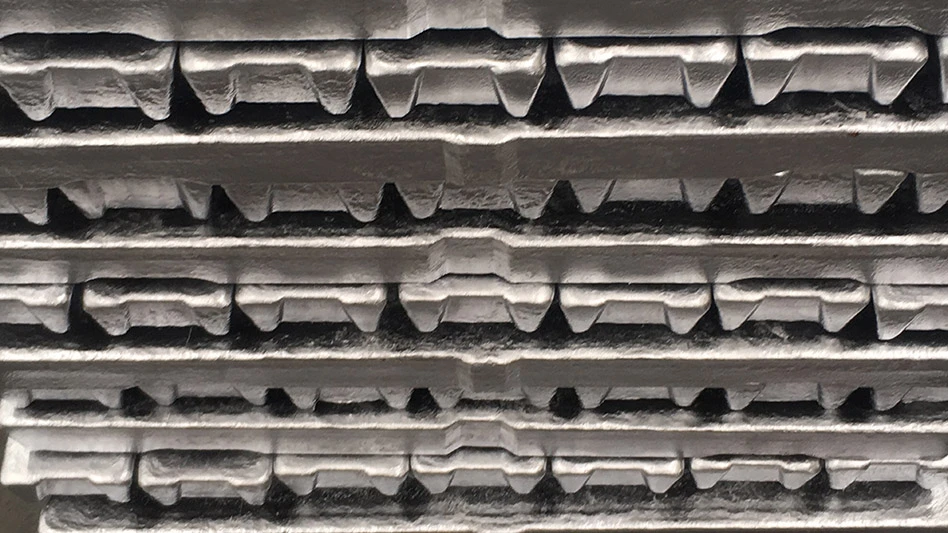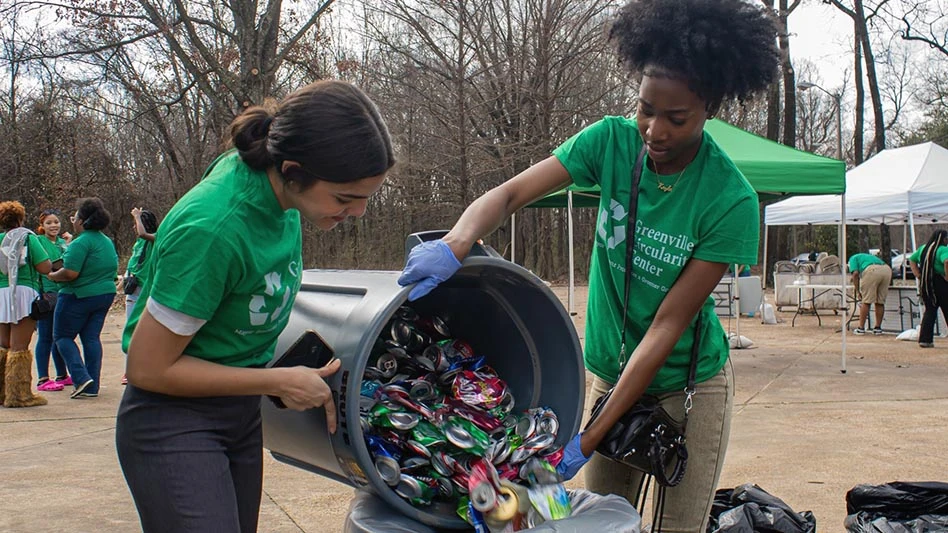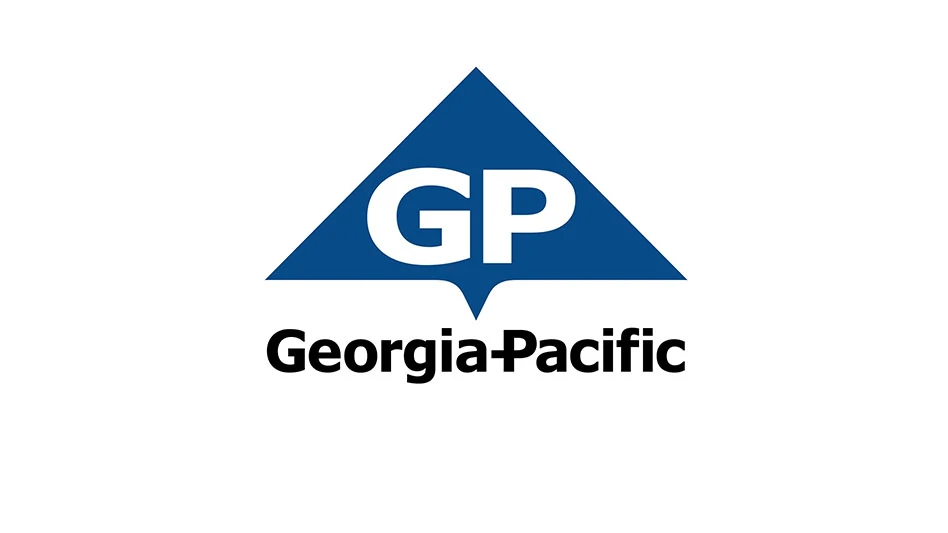As of early December, generation of post-industrial material is varied, according to sources. "It's a mixed bag," a recycler based in the Upper Midwest says. "There are a lot of cleanouts from commercial and industrial generations, but production from the same is slowing down due to holidays and reducing inventories for tax purposes."
A reprocessor based in the Great Lakes region adds, "Generation is down a little from the last quarter but consistent with this time of year."
Residential generation remains steady, the recycler based in the Upper Midwest says, with the exception of PET (polyethylene terephthalate), which tends to decline as the outside air grows colder. "Winter weather can reduce generation of residential materials—about mid-January—which is also the time when buyers start ramping up purchases."
 This situation could lead to an increase in pricing for some plastics later this winter, which will be welcome news to recyclers and reprocessors, as domestic purchases of recycled plastics tend to be slow in December. "This results in ample supply, which moves pricing lower," the recycler says.
This situation could lead to an increase in pricing for some plastics later this winter, which will be welcome news to recyclers and reprocessors, as domestic purchases of recycled plastics tend to be slow in December. "This results in ample supply, which moves pricing lower," the recycler says.
He also forecasts robust demand in the future from China as a result of the slowdown in import activity in the country in the fall and winter of 2011. "Export demand is way off as the Chinese renew licensing and increase inspections, which slow deliveries and, as a result, orders for plastics," the recycler says. "Mixed grades, i.e., threes through sevens, are difficult to move due to increased scrutiny at Chinese ports." He says he expects demand from China to increases following the Lunar New Year, which China will celebrate Jan. 23.
The recycler based in the Upper Midwest describes demand for color HDPE (high-density polyethylene) as strong, but adds that other grades are oversupplied, causing prices to decline. He says he expects demand to recover in late winter as the supply starts to slow. "Commercial and industrial materials will ramp up after the New Year also."
The Great Lakes-based reprocessor says prices for commodity and engineering grades are falling along with the temperature. "We expect to see commodity prices inch up next quarter."
In other plastics news, plastic bag manufacturers were handed another defeat recently when the Seattle City Council unanimously passed Council Bill 117345, which bans the use of plastic carry-out bags. Seattle is the fourth Washington city to ban plastic bags.
The ordinance goes into effect July 1, 2012, and will be monitored and enforced by the Seattle Public Utilities' solid waste division.
The American Chemistry Council (ACC) and SPI: The Plastics Industry Trade Association (SPI) have a new strategy to defend plastic bags and promote plastic film recycling.
As of Jan. 1, 2012, Progressive Bag Affiliates (PBA), which includes America's largest manufacturers of plastic bags, transitioned from ACC to SPI. This move was designed to allow PBA to leverage SPI's national grassroots network. The group has been renamed American Progressive Bag Alliance (APBA).
(Additional information about secondary plastics, including breaking news and consuming industry reports, is available at www.RecyclingToday.com.)

Explore the January 2012 Issue
Check out more from this issue and find your next story to read.
Latest from Recycling Today
- OnePlanet Solar Recycling closes $7M seed financing round
- AMCS launches AMCS Platform Spring 2025 update
- Cyclic Materials to build rare earth recycling facility in Mesa, Arizona
- Ecobat’s Seculene product earns recognition for flame-retardant properties
- IWS’ newest MRF is part of its broader strategy to modernize waste management infrastructure
- PCA reports profitable Q1
- British Steel mill subject of UK government intervention
- NRC seeks speakers for October event






